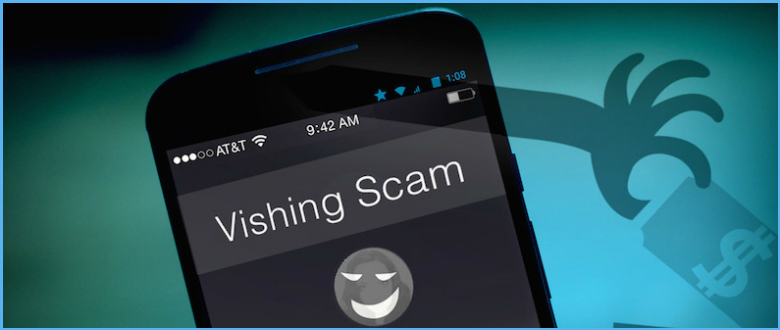In the recent months, there have been numerous complaints in the UAE of scamsters calling people, posing as agents from banks, to steal their personal information. The technique these criminals use is called vishing (The name is a combination of ‘voice call’ and ‘phishing’, which scamming people via email).
The vishing scam has assumed such serious proportions that bankers have issued public warnings against it.
Here’s was the scammers do to dupe people: they call a person and say that it is an official call from a bank to update bank accounts and ATM cards. The callers then as the person to share bank-account-related and other personal questions ‘as part of the update process’.
Beware that the criminals who make vishing or voice phishing calls are difficult to recognize because they sound very professional and cite quite a convincing reason for making a call. The best formula to stay safe from vishing is to remember that banks and other service providers never ask for personal information via email, call or SMS. Stay safe from vishing with the following information published by gulfnews.com.
Certify your team in cybersecurity before your company is hit by a cyberattack
What is vishing
It’s a form of phishing where a scammer calls up a bank customer on his/her mobile phone, or on a landline, pretending to be a bank representative or popular brand representative.
- The customer is told that he/she has won some prizes, or that his/her bank accounts and ATM cards need to be upgraded
- The scammer convinces the victim to disclose his/her credit/debit card number, CVV number, expiry number, online banking user ID and password, One Time Password (OTP), and other sensitive details
How to stay safe from vishing
- Never share your bank account data such as the expiry date of your debit/credit cards, online banking user ID and password with an unverified source
- Never share credit/debit card details such as the CVV over phone or email. The CVV, or card verification value, is a confidential 3-digit number at the back of the card and is used to complete online transactions
- Be aware that banks do not seek confidential data over the phone or emails
- If anyone asks for personal or confidential information, refuse to reveal details and contact your bank immediately
- Key the pin in yourself. Don’t share your debit/credit card pin with salespeople at petrol pumps, shops, or hotels for the sake of convenience


